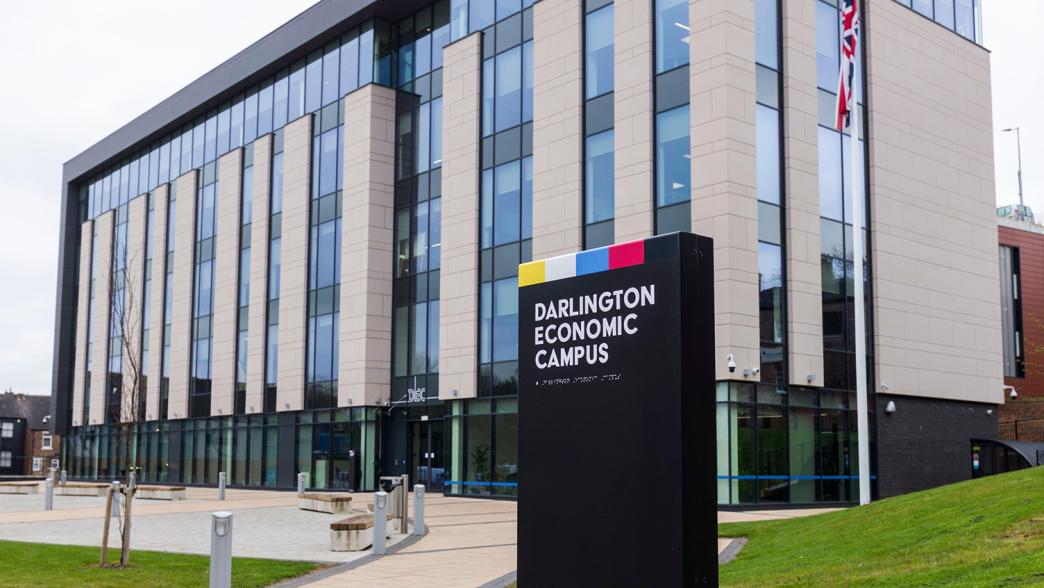Analysis paper
Lessons from the Darlington Economic Campus for civil service relocation
Ministers shouldn’t see civil service relocation as a primary tool for reducing regional economic inequality.

Ministers shouldn’t see civil service relocation as a primary tool for reducing regional economic inequality.

Government must make managing climate change a priority.
Join us and permanent secretaries Cat Little, Sarah Munby and Gareth Davies as we discuss the benefits of external recruitment.
Staff numbers, low morale and structural change are pressing concerns for the civil service.
Civil service unions have a particular responsibility to show restraint on political activity.